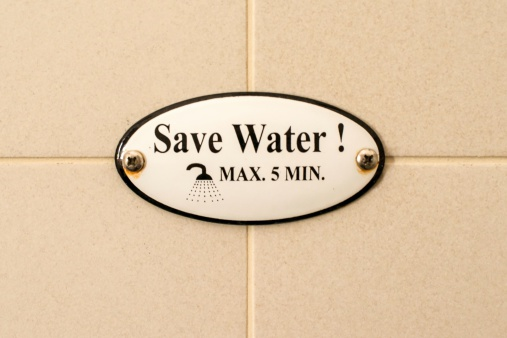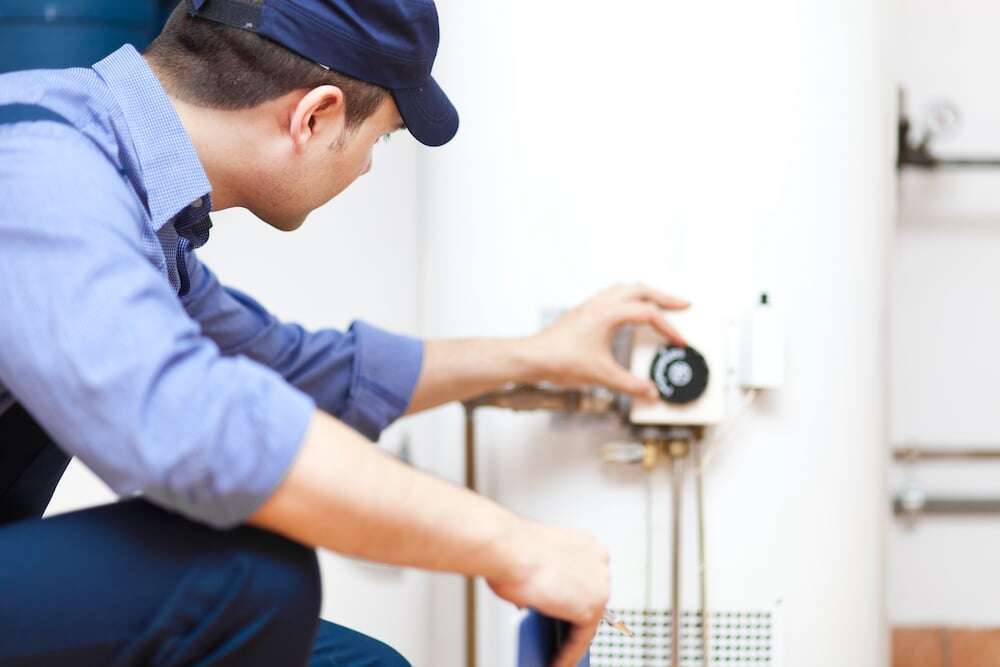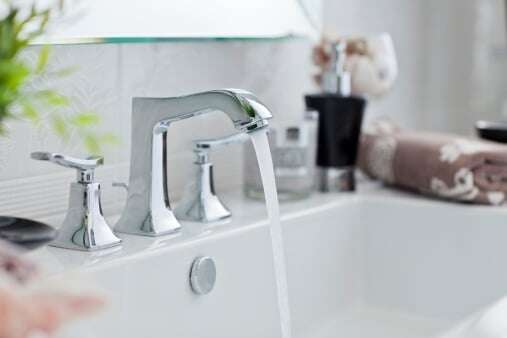 You come in from a morning jog or afternoon working in the yard. You’ve been out in the sun, some beads of sweat on your face, and all you can think about is a nice, cold drink of water. As you take a glass from the cupboard, turn on the tap water, and watch it fill up, you smell something resembling bleach. You take a drink of water anyway and it tastes like pool water! Is there something wrong with your plumbing?
You come in from a morning jog or afternoon working in the yard. You’ve been out in the sun, some beads of sweat on your face, and all you can think about is a nice, cold drink of water. As you take a glass from the cupboard, turn on the tap water, and watch it fill up, you smell something resembling bleach. You take a drink of water anyway and it tastes like pool water! Is there something wrong with your plumbing?
People often mistake the smell of bleach when it’s actually chlorine. The smell of bleach in your tap water is most likely caused by high levels of chlorine. You can rest assured though because the Environmental Protection Agency (EPA) actually requires small levels of chlorine in your home tap water.
How much chlorine is added?
While the EPA does require chlorine in public water systems, it recommends levels below 4mg/L. Chlorine can be smelled at levels of 1mg/L, so it’s not uncommon if you detect a bleach smell.
Why is chlorine added?
Chlorine is manually added to public water systems because it’s a disinfectant to get rid of any waterborne diseases. Because chlorine helps disinfect the water before its distributed to your home, it will always be a part of your drinking water. That being said, there are a few ways to improve it.
What can you do about the chlorine?
If the bleach or chlorine smell is too much for you, it is possible that your water system is being treated with too much chlorine. You should contact your local water company to see if there is a problem.
There are also some ways you can improve your drinking water on your own:
- Fill a pitcher with tap water, cover it, and put it in the refrigerator. Drink it after it as chilled. The chlorine smell naturally goes away as the water cools.
- Filter your water using a special pitcher with a filter.
- Boil your water for about 20 minutes. This causes the chlorine to evaporate out of the water; then store it in your fridge.
- Purchase dechlorination tablets.
- Add a lemon or lime slice to your glass of drinking water.
- Install a water filtration attachment onto your faucet.
- Use a reverse osmosis filtration system in your home. This requires professional purchase and installation, but is usually relatively inexpensive.
While nobody wants to taste the chlorine in their water, remember that it’s used as a preventative measure against the spread of disease and dangerous pathogens.
Will chlorine damage your plumbing system?
Chlorine it not known to damage common home plumbing systems built from the typical construction materials used in residential homes. While the plumbing pipes themselves are unlikely to be damaged by the chlorine, other components that contain plastic or rubber - such as faucets, shower heads, outdoor hoses, and other water appliances - should be checked for corrosion.
If you just want to come home to a cold glass of water without the smell or taste of chlorine, you’re concerned about the smell of chlorine in your tap water, or you’re noticing it may be having a negative affect on your plumbing system, contact Experts in Your Home - we do more than you think!








